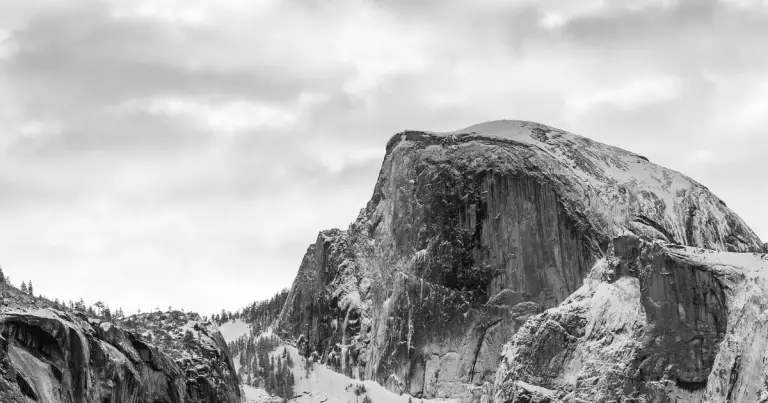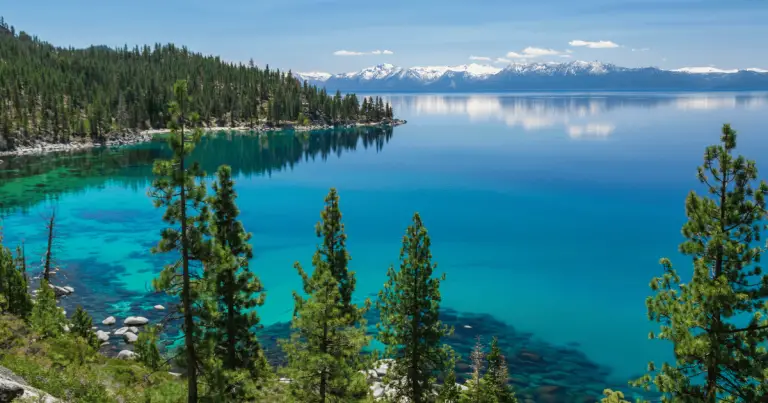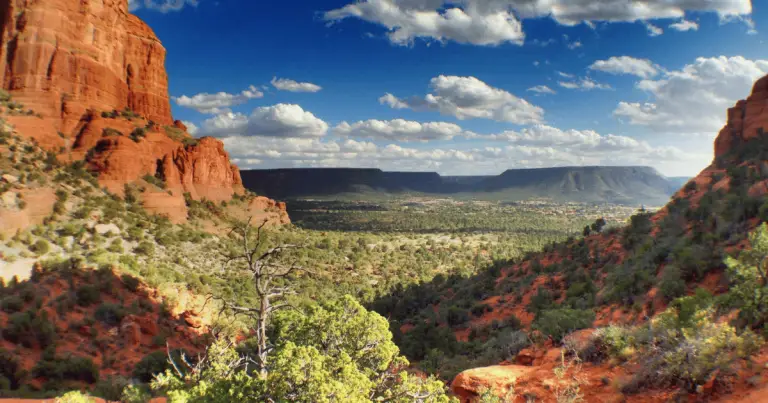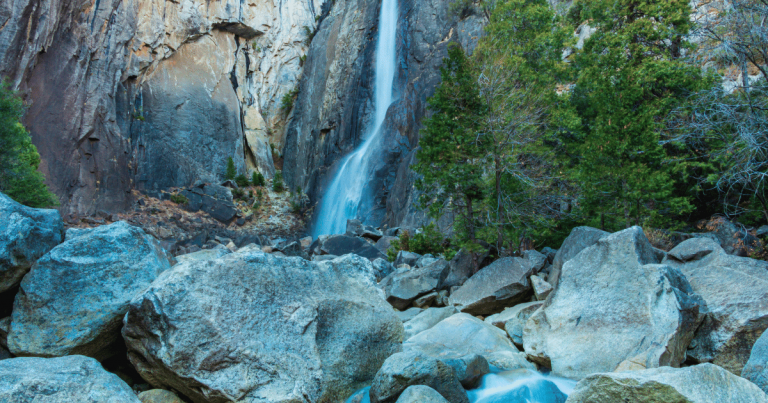Exploring Knowledge: The Desert Institute at Joshua Tree National Park
Joshua Tree National Park in California’s Mojave and Colorado deserts offers opportunities for activities like hiking, rock climbing, stargazing and wildlife watching. If you want to have a better understanding of the desert’s ecology, geography, and cultural heritage, the Desert Institute at Joshua Tree National Park provides an educational program dedicated to exploring the park’s wonders.
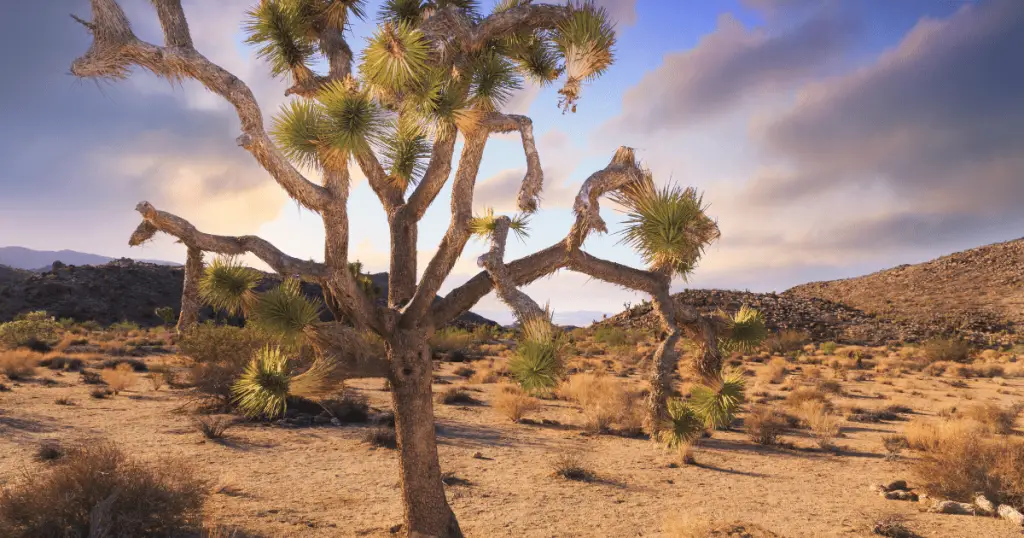
The Role of the Desert Institute at Joshua Tree National Park
The Desert Institute serves as an educational lighthouse for those drawn to the mesmerizing mysteries of Joshua Tree National Park. It has set itself a crucial mission: to deepen the understanding and appreciation of the desert’s intricate ecology, vast geography, and rich cultural history.
Its primary goal is to provide comprehensive educational programs to transform the casual desert visitor into a conscientious desert steward. These programs delve into various areas of desert studies, including wildlife, geology, flora and fauna, conservation, and indigenous culture, offering a holistic understanding of the desert ecosystem.
The Desert Institute plays a significant role in promoting environmental responsibility and sustainability. Its programs work in tandem to cultivate a community of informed citizens committed to preserving and protecting the delicate desert ecosystem. By providing a space for learning and exploration, the Desert Institute significantly contributes to safeguarding the natural and cultural treasures of Joshua Tree National Park for future generations.
Educational Programs Offered at Desert Institute at Joshua Tree National Park
The Desert Institute offers an impressive selection of courses and workshops that allow you to dive deeply into specific areas of desert studies. For geology enthusiasts, the Institute’s courses unravel the secrets of the desert’s geological formation, exploring the mysteries of its stunning rock formations and vast landscapes. These programs offer a rare opportunity to delve into the dynamic geological history that sculpted Joshua Tree’s unique terrain.
For those with a celestial curiosity, the Institute offers astronomy courses. These programs let you marvel at the unobstructed views of the night sky that the desert provides, learning about constellations, planets, and celestial events.
Botany courses reveal the survival secrets of desert flora. Participants learn about the unique adaptations that allow plants to thrive in the harsh desert conditions and the intricate relationships between plants and the desert’s wildlife.
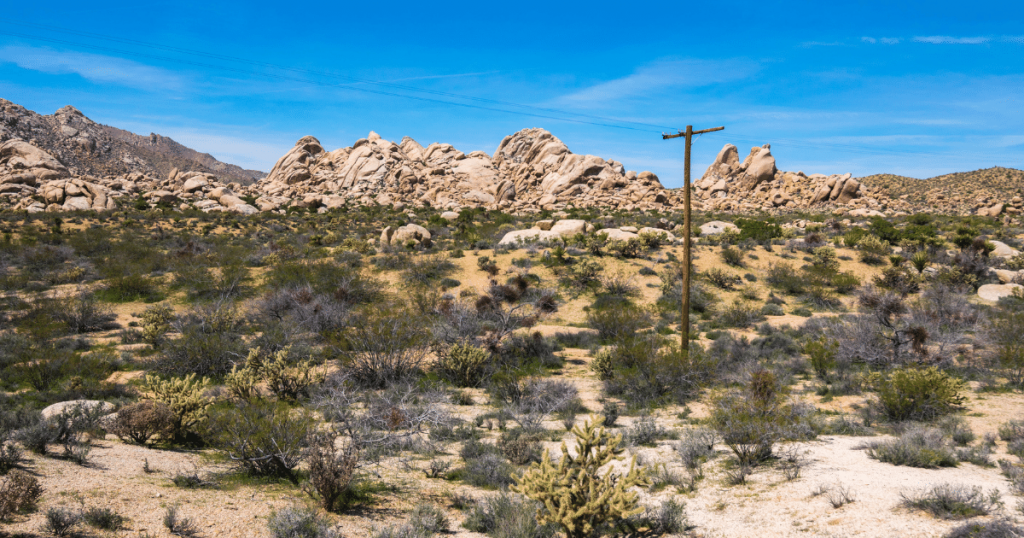
Deepening the understanding of the desert’s rich past, cultural history workshops explore how humans have interacted with this challenging environment. These courses cover topics ranging from indigenous cultures and their use of desert resources to the impact of contemporary human activities on the desert ecosystem.
Through these diverse educational programs, the Desert Institute helps you explore the many faces of Joshua Tree National Park, fostering a deeper connection with this exceptional natural environment.
Hands-On Learning Experiences
The Desert Institute is passionate about cultivating an experiential learning environment, as it believes that the best way to understand and appreciate the desert’s beauty and complexity is through immersive, hands-on experiences. Field studies are a staple of the Institute’s educational approach, allowing participants to explore various facets of desert ecology under expert guidance.
For instance, the geology field studies involve on-site exploration of Joshua Tree’s diverse rock formations, allowing participants to observe and analyze geological processes in action directly.
In addition, the Institute organizes guided hikes led by experienced desert naturalists. These hikes navigate through Joshua Tree’s stunning landscapes while providing in-depth information about the desert’s unique flora, fauna, and geography.
Furthermore, the Institute offers interactive workshops on desert botany, during which participants can study plant species directly in their native habitat, gaining firsthand insights into their survival strategies and roles in the ecosystem.
For those eager to uncover the desert’s cultural narratives, interactive workshops delve into the history and lifestyles of indigenous desert cultures. By engaging in hands-on activities, such as traditional crafting or resource gathering, participants can better understand how these cultures adapted to and interacted with the desert environment.
Through these engaging and interactive experiences, the Desert Institute ensures that learning about the desert is not merely an academic exercise but a transformative journey that fosters a deeper connection with the natural world.

Desert Institute’s Contribution to Conservation
The Desert Institute’s contribution to Joshua Tree National Park conservation is immense and multifaceted. The Institute’s work extends beyond education; its research initiatives and conservation projects actively sustain the park’s unique ecosystems.
One key area where the Desert Institute contributes is through research initiatives. The Institute conducts numerous studies to understand the desert’s complex climate patterns, unique geology, and diverse wildlife. This research helps to identify potential threats and devise strategies to mitigate them.
For instance, the Desert Institute initiated a project to study the effect of climate change on the desert’s flora and fauna. This research has shed light on the resilience of certain species and the vulnerability of others, informing strategies to protect the park’s biodiversity.
The Institute’s involvement in conservation projects is equally impactful. For example, it launched an initiative to restore damaged areas of the park that have been affected by human activities or natural disasters. This project involves reseeding native plants, removing invasive species, and rehabilitating disturbed soils.
Moreover, the Desert Institute has partnered with local schools to instill a sense of environmental responsibility in younger generations. Through its Junior Ranger Program, the Institute educates children about the importance of conservation, fostering a new generation of desert stewards.
By intertwining research, education, and hands-on conservation projects, the Desert Institute plays an instrumental role in preserving the natural beauty and ecological integrity of Joshua Tree National Park.
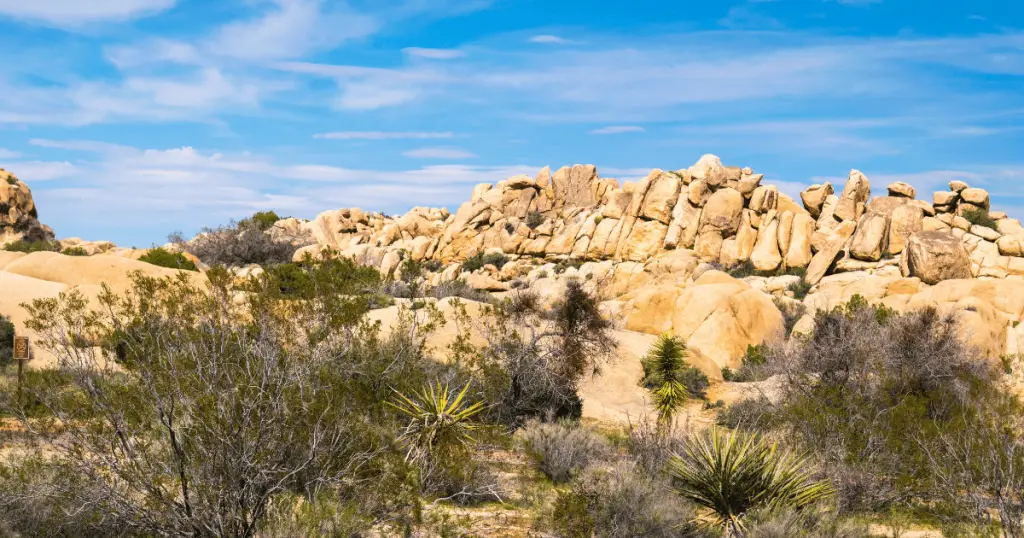
Benefits of Enrolling in Desert Institute Programs
Enrolling in the Desert Institute’s comprehensive programs offers many benefits that significantly enhance the Joshua Tree National Park experience. These benefits go beyond academic learning, cultivating a holistic understanding and appreciation of the desert environment.
Firstly, participants gain deep insights into various aspects of desert ecology, geology, and cultural heritage. This broad understanding allows participants to fully comprehend the intricate dynamics of the desert ecosystem, thereby enriching their overall park experience. Instead of merely observing the desert’s landscapes, they become conversant with the underlying processes that have shaped these landscapes over eons.
Secondly, the hands-on learning approach adopted by the Desert Institute facilitates immersive experiences that foster a profound connection with the desert environment. Whether studying the unique desert flora in their natural habitat or exploring the park’s diverse geological formations, these experiences stimulate curiosity and inspire a sense of wonder.
Thirdly, the knowledge gained through these programs cultivates an ethic of environmental stewardship. Participants learn about the desert’s delicate ecosystems and understand the importance of preserving these natural habitats for future generations. This awareness often encourages responsible behavior during park visits, such as adhering to leave no trace principles, thereby contributing to the park’s conservation efforts.
Conclusion: Desert Institute at Joshua Tree National Park
Desert Institute at Joshua Tree National Park stands as a beacon of environmental education and conservation in Joshua Tree National Park. Its multifaceted programs foster an enriching and immersive learning experience that transcends conventional academic boundaries.
Its initiatives extend beyond education to encompass pivotal research and hands-on conservation projects, contributing significantly to preserving the park’s unique ecosystems. By instilling a sense of environmental responsibility in its participants and fostering a new generation of desert stewards, the Institute ensures that the beauty and biodiversity of Joshua Tree National Park can be appreciated by future generations.


